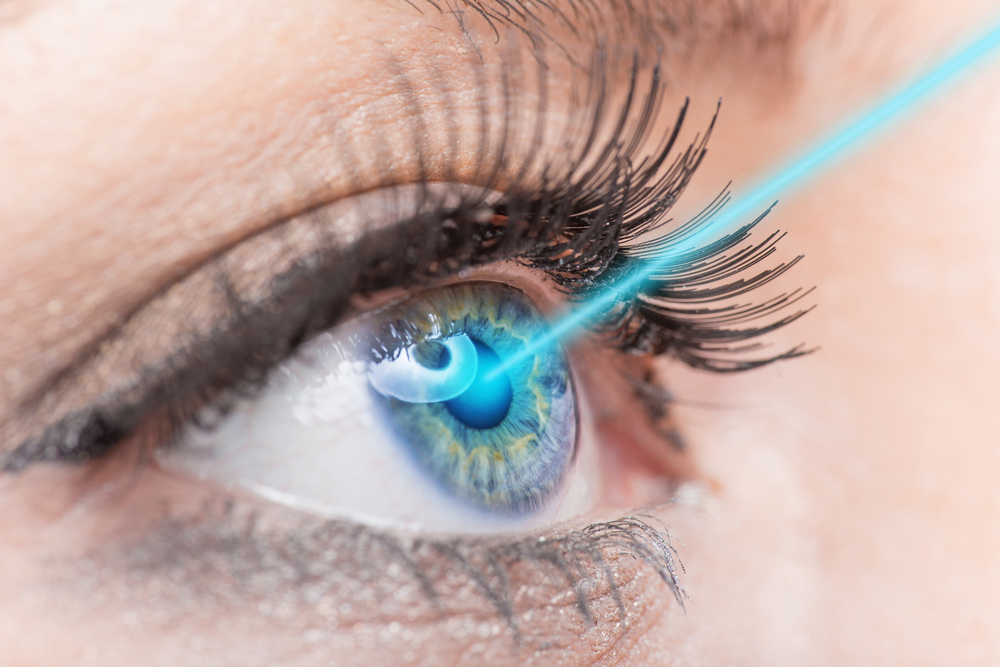 PRK Surgery and Post-Operative Care
PRK Surgery and Post-Operative CarePRK (Photorefractive Keratectomy) surgery is another surgical method for correcting refractive errors of the eye, such as nearsightedness, farsightedness, and astigmatism. It's similar to LASIK, but instead of creating a flap in the cornea, a thin layer of the cornea's surface is removed, and then a laser is applied to the underlying tissue.
Benefits of PRK Surgery
Suitable for thin corneas: One of the most significant advantages of PRK is its suitability for individuals with thinner corneas.
Lower risk of flap-related complications: Since PRK doesn't involve creating a flap, the risk of complications associated with flap displacement is reduced.
Post-PRK Surgery Care
Post-PRK surgery care is generally similar to post-LASIK care. However, due to the removal of the surface layer of the cornea, the healing period for PRK may be slightly longer. Some of the most important post-PRK surgery care points include:
Using eye drops: Regular use of eye drops prescribed by your doctor is crucial to relieve pain, reduce inflammation, and prevent infection.
Avoiding rubbing your eyes: Avoid rubbing your eyes for a few days after surgery to prevent damage to the cornea.
Wearing sunglasses: Wearing sunglasses with full UV protection is essential to shield your eyes from sunlight.
Avoiding strenuous activities: Avoid strenuous activities such as contact sports, swimming, and lifting heavy objects for a few days.
Regular follow-up visits to the doctor: Regular follow-up visits to your doctor are necessary to monitor your progress and ensure there are no complications.
Side Effects of PRK Surgery
Side effects of PRK surgery are similar to LASIK and may include dry eyes, halos around lights, light sensitivity, infection, and reduced night vision. However, due to the removal of the surface layer of the cornea, the healing period and discomfort after PRK surgery may be slightly longer.
Choosing between LASIK and PRK depends on various factors such as corneal thickness, the type of refractive error, lifestyle, and your doctor's recommendation.

 PRK Surgery and Post-Operative Care
PRK Surgery and Post-Operative Care
comment